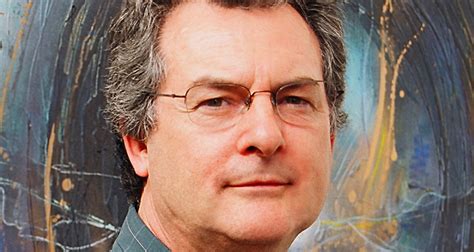A Quote by Aristotle
[this element], the seat of the appetites and of desire in general, does in a sense participate in principle, as being amenable and obedient to it
Related Quotes
In most old communities there is a common sense even in sensuality. Vice itself gets gradually digested into a system, is amenable to certain laws of conventional propriety and honor, has for its object simply the gratification of its appetites, and frowns with quite a conservative air on all new inventions, all untried experiments in iniquity.
My ethics, my sense of morality, my work ethic, my sense of compassion for suffering humanity, all of that comes directly out of the practice of poetry, as does my Buddhist practice. Poetry is a very important element in the history of Buddhism in general and in Zen in particular. It was really Zen that motivated me to change the way I perceive the world.
Latter-day Saints are not obedient because they are compelled to be obedient. They are obedient because they know certain spiritual truths and have decided, as an expression of their own individual agency, to obey the commandments of God. . . . We are not obedient because we are blind, we are obedient because we can see
All forms of beauty, like all possible phenomena, contain an element of the eternal and an element of the transitory - of the absolute and of the particular. Absolute and eternal beauty does not exist, or rather it is only an abstraction creamed from the general surface of different beauties. The particular element in each manifestation comes from the emotions: and just as we have our own particular emotions, so we have our own beauty.
As patterns of obedience develop, the specific blessings associated with obedience are realized and belief emerges. Desire, hope, and belief are forms of faith, but faith as a principle of power comes from a consistent pattern of obedient behavior and attitudes. Personal righteousness is a choice. Faith is a gift from God, and one possessed of it can receive enormous spiritual power.










































